Erbaluce
The erbaluce is the most characteristic white-skinned grape of upper Piedmont. Of unclear origin, perhaps belonging to the Trebbiano family, it seems however autochthonous to the Canavese area, and in fact, already in 1606, the man of letters Giulio Cesare Croce praised its qualities in Della eccellenza e diversità dei vini. The name derives from "alba-light", in reference to the coppery-pink colour of the leaves during autumn.
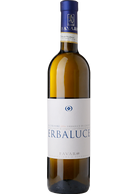
Benito Favaro Erbaluce di Caluso Le Chiusure 2019

Ferrando Erbaluce di Caluso Etichetta Bianca 2022
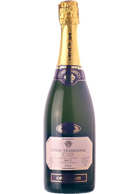
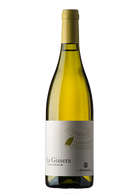
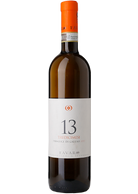
Benito Favaro Erbaluce di Caluso Tredicimesi 2018
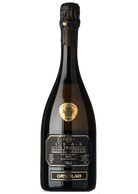
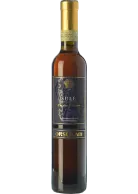
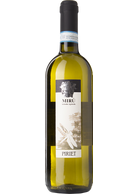
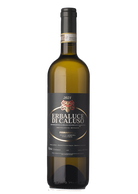
Ferrando Erbaluce di Caluso Etichetta Verde 2021
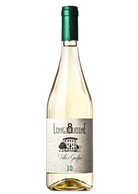
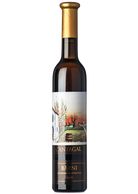
Erbaluce
The erbaluce is the most characteristic white-skinned grape of upper Piedmont. Of unclear origin, perhaps belonging to the Trebbiano family, it seems however autochthonous to the Canavese area, and in fact, already in 1606, the man of letters Giulio Cesare Croce praised its qualities in Della eccellenza e diversità dei vini. The name derives from "alba-light", in reference to the coppery-pink colour of the leaves during autumn.
The recent success of erbaluce, to which the Erbaluce di Caluso DOCG or Caluso is reserved, is due to the great ductility of the wines produced. The grape, in fact, preserves high acidity even at the peak of ripeness, giving elegant, fragrant, fresh wines with floral, fruity, vegetal aromas, generally tense, subtle but also complete on the palate. An excellent still white, even when aged in wood, erbaluce turns out to be also perfect as a spumante, and not only as an aperitif. The most typical and sought-after product is Caluso Passito, a sweet wine produced from dried erbaluce grapes, whose must is vinified and aged, in the best versions, in vinsanto style, with the use of small barrels in contact with oxygen: the oxidative notes, of dried fruit and walnut husk, sometimes salty, thus balance the consistent residual sugar, creating one of the most intriguing, and Nordic, sweet wines in Italy.
